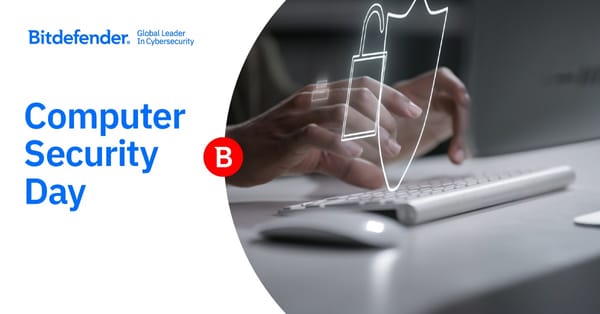The 7 signs of an investment scam and what to check before parting your money

More and more people are losing money to fake investment deals. Across the globe, the increasing number of investment scams and losses has become a significant concern for investors, policymakers, and regulatory authorities.
Here are some key findings from 2022 to give you a view of the impact of this global threat:
USA: More than 106,000 Americans were subject to investment fraud, with losses totaling more than $6.38 billion.
Australia: The latest Targeting Scams report has revealed Australians lost $1.5 billion in investment scams, the highest loss category in fraud.
UK: According to UK Finance, investment scams caused £114.1m total losses, with 10,085 reported cases.
Seven warning signs of investment scams
Distinguishing between a high-risk yet legitimate venture and a con game can be difficult. However, UK Finance data also shows that most investment scams emanate from online platforms and through telecommunications: 78% of them started online, 18% by phone, and 2% through email, and reported cases point out some common reg flags.
If you are planning to invest your money online and want to do so safely, be wary of these key warning signs that might suggest a scam.
1. Is the firm legitimate?
Before diving into an investment, make sure the company or advisor is registered with a trusted financial regulatory body in your country. Research them as much as possible before sending money. Classic investment organizations, especially those dealing with stocks, must be registered. If they aren't, it's a glaring warning sign. Unconventional investments like digital currency or real estate development aren't always regulated, carrying higher risks.
2. Feeling pressured?
If you're told that you'll lose the deal unless you act immediately, step back and take your time to think twice (and verify them). Reputable professionals will give you the time you need to make informed decisions.
3. Secretive deals: a no-go
Beware of anyone asking you to keep the investment a secret. If they're discouraging you from discussing it with friends or loved ones, it's a huge red flag. A trustworthy firm would never prevent you from seeking a second opinion.
4. Promises too good to be true?
If someone guarantees unbelievable returns, be skeptical. Investments come with risks, and there are no bulletproof successes in this arena.
5. Unexpected contact
If a company contacts you out of nowhere with a lucrative offer, question their motive. Why would a successful firm reach out on social media or messaging apps without any prior interaction?
6. Beware of social media lures
Platforms like Facebook and Instagram are rife with scammers looking to pull you into their web. Be cautious of profiles flaunting a lavish lifestyle, promising to share their wealth-generating "secrets."
7. Love and money: a risky mix
Beware of scams that blend romance with investments. Some con artists will pretend to be romantically interested, grooming their victim before springing an investment "opportunity."
Protect your digital identity and money
If you experienced any of these interactions, strengthen your protection.
- Say 'No,' block and report anyone you suspect is an investment scammer.
- Ask for a second opinion, research, and look for reviews or similar experiences online before investing.
- Protect all personal details and social media sites. Never give away any personal information, and make sure you have two-factor authentication for social media log-ins.
- Start monitoring your digital identity to see if any personal information exposed online could lead scammers to you. Your digital footprint tells you what anyone could learn about you from the Internet. Could scammers accessing your exposed data exploit your habits, preferences, lifestyle, and situation to get to you and your money?
Bitdefender Digital Identity Protection monitors the Internet continuously (surface and Dark Web) and alerts you when it finds exposed data that puts you at risk. It sends you reports, newsletters after scans, "how to" knowledge about setting up the proper privacy settings in various apps, and actionable advice in case of breaches and leaks, so you will always know what to do next.
Read more about our identity protection and privacy solutions here.
tags
Author
Cristina is a freelance writer and a mother of two living in Denmark. Her 15 years experience in communication includes developing content for tv, online, mobile apps, and a chatbot.
View all postsRight now Top posts
How to Protect Your WhatsApp from Hackers and Scammers – 8 Key Settings and Best Practices
April 03, 2025
Outpacing Cyberthreats: Bitdefender Together with Scuderia Ferrari HP in 2025
March 12, 2025
Streamjacking Scams On YouTube Leverage CS2 Pro Player Championships to Defraud Gamers
February 20, 2025
How to Identify and Protect Yourself from Gaming Laptop Scams
February 11, 2025
FOLLOW US ON SOCIAL MEDIA
You might also like
Bookmarks







